
- Article
- Article
Can isolation lead to manipulation?
Military-funded researchers wanted to know if isolation techniques could facilitate brainwashing. One neuroscientist suggested that it might improve our own control over our minds.

- Article
- Article
Black pepper to fuel fiery fights and cure haemorrhoids
This common condiment was once very valuable and, until surprisingly recently, used as a versatile medicine.

- Article
- Article
Are doctors medical detectives?
Do doctors really identify medical conditions in the same way that detectives solve crimes? Neurologist Jules Montague makes her diagnosis.
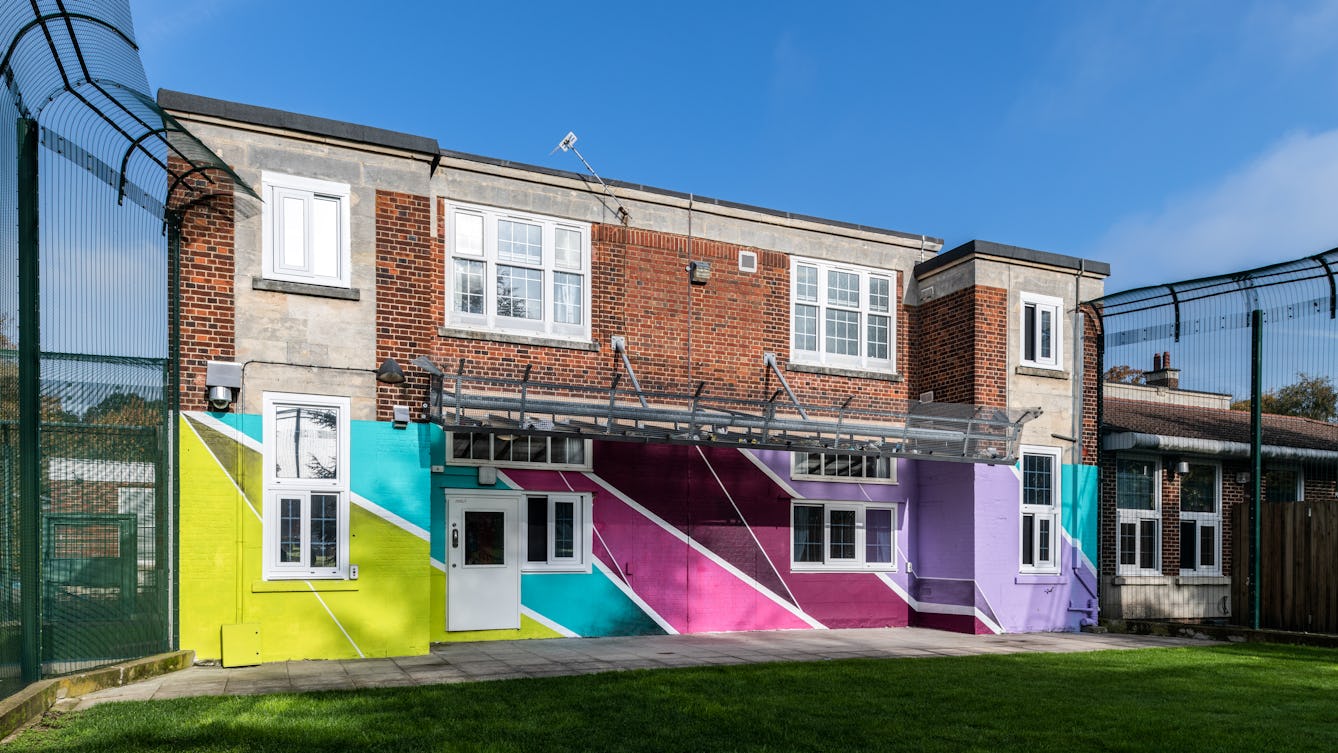
- Article
- Article
Designing better mental health wards
Bringing colour and natural light to tired, grubby mental health wards has a measurably positive effect on patients. A few groundbreaking projects are showing the way.
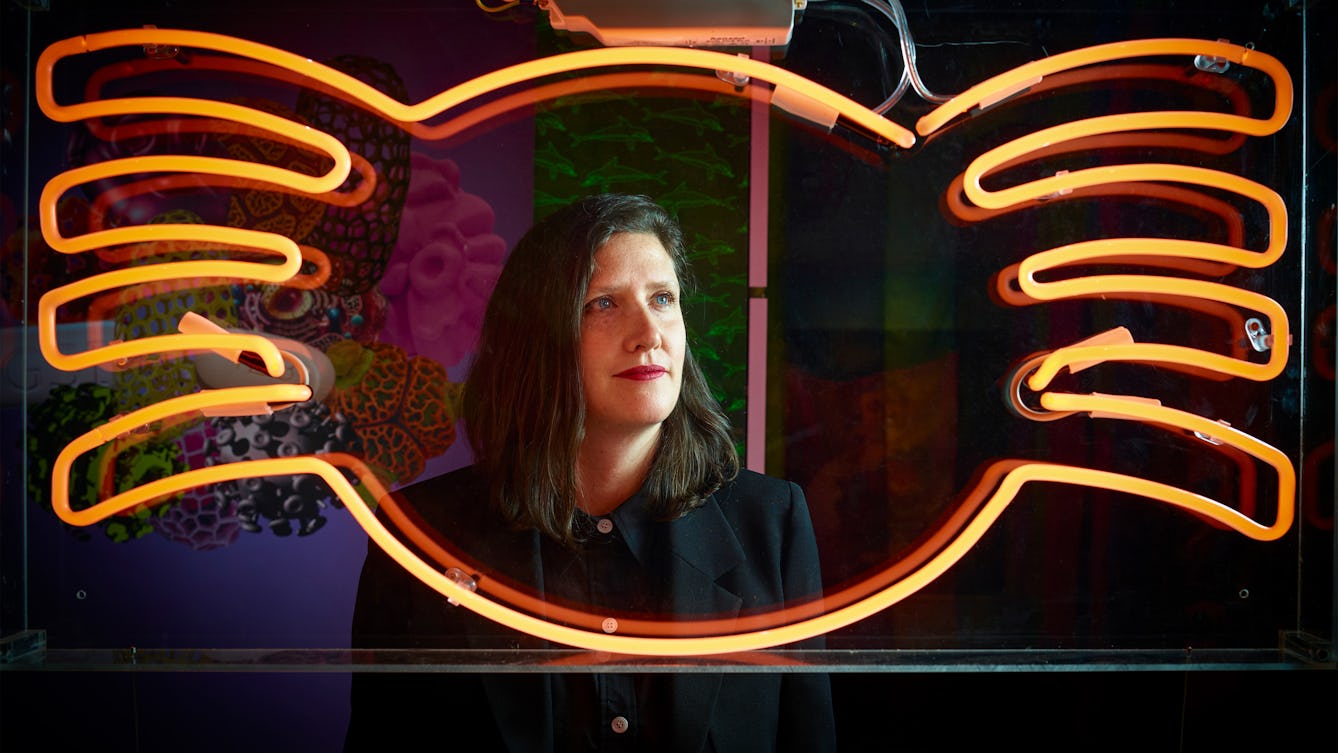
- Interview
- Interview
Inside the mind of Somewhere in Between’s curator, Laurie Britton Newell
The exhibition's curator shares her secrets.

- Article
- Article
Investigating what lithium is and how it works
The more questions Laura Grace Simpkins asked about lithium, the more she realised how little is known about this powerful drug and how it affects our mental health.

- Article
- Article
Rose Mackenberg’s deceptive activism
Discover how a New York private investigator became part of Houdini’s mission to expose the fraudulent mediums making money from their vulnerable, grieving clients.

- Article
- Article
Chasing spring
Isabella Kaminski reflects on a transformative journey that saw her cycle the length of the UK, tracking the first signs of spring. She explores what the changing seasons can tell us about ourselves and the climate crisis.
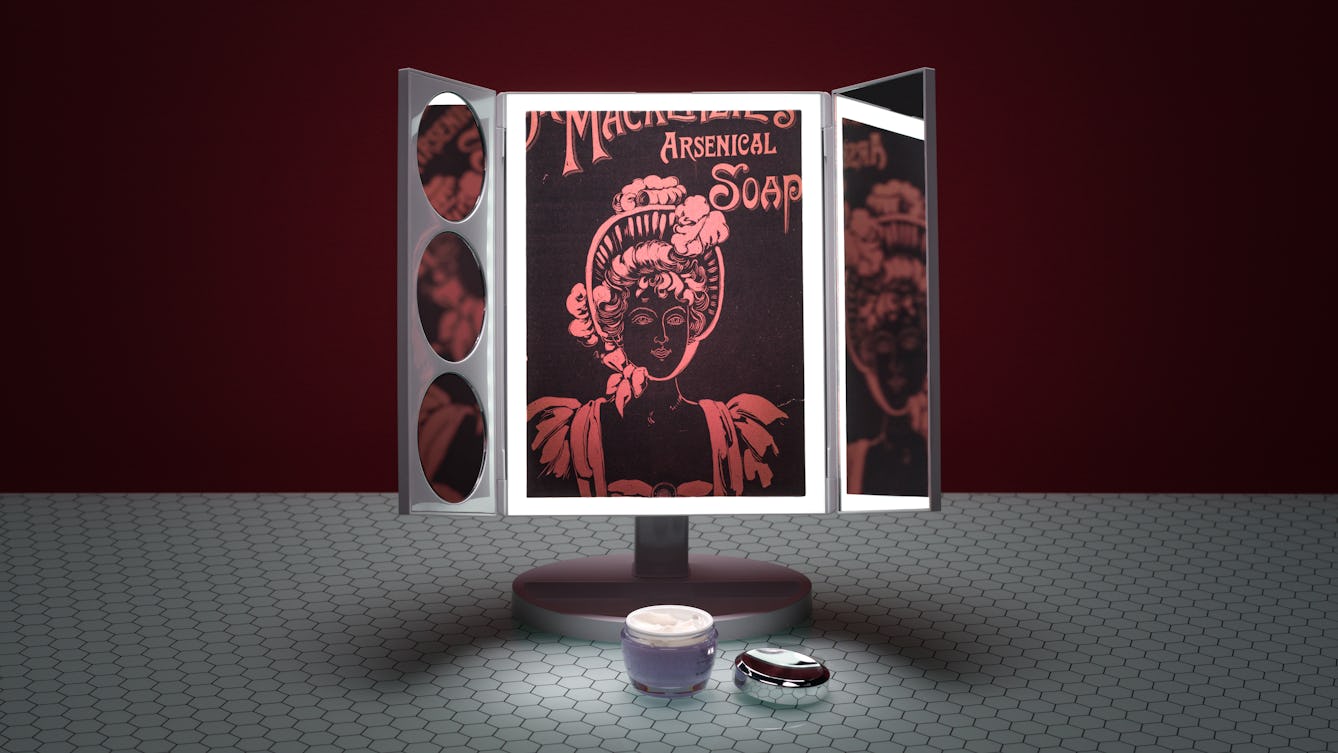
- Article
- Article
Our endless quest for eternal youth
From poisonous 16th-century cosmetics to the latest “vampire facelift”, discover the fashions in unsavoury methods for improving our appearance.
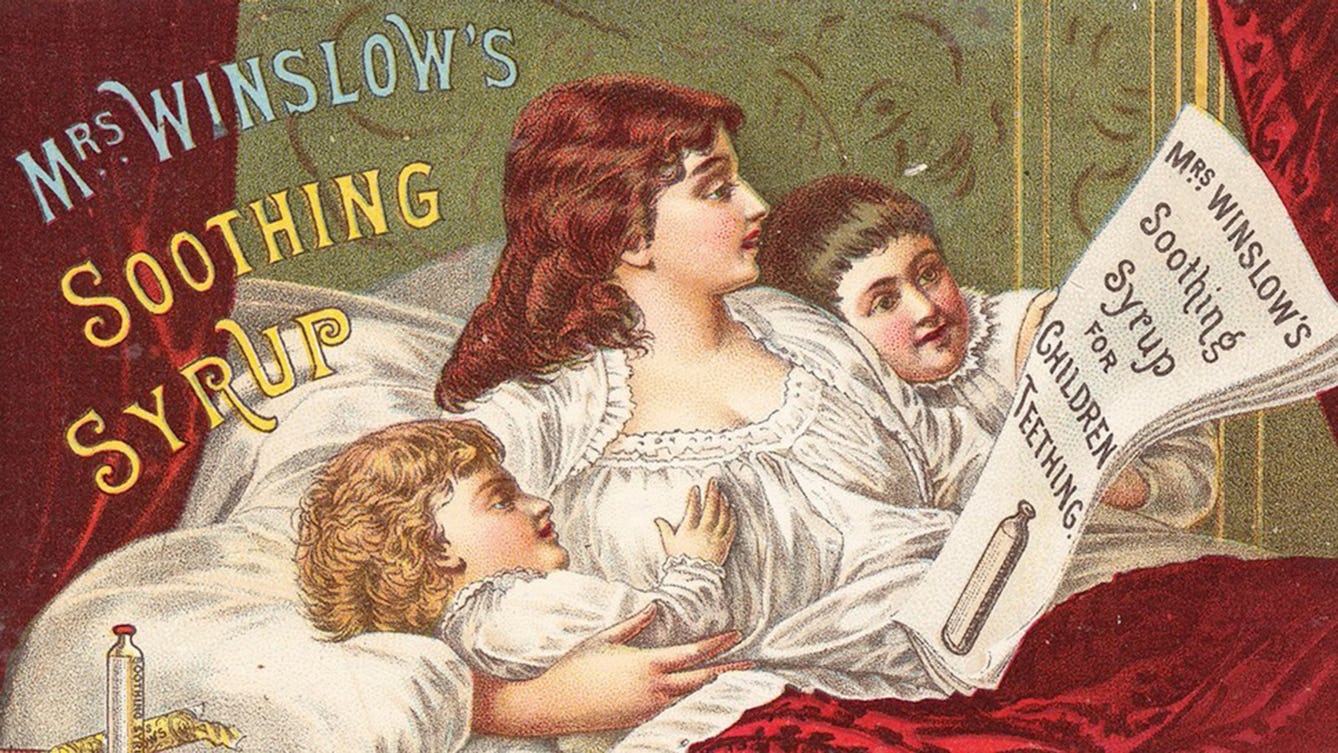
- Article
- Article
The poor child’s nurse
Charming family scenes in Victorian ads for children’s medicines were at odds with some of the dangerous ingredients they contained.
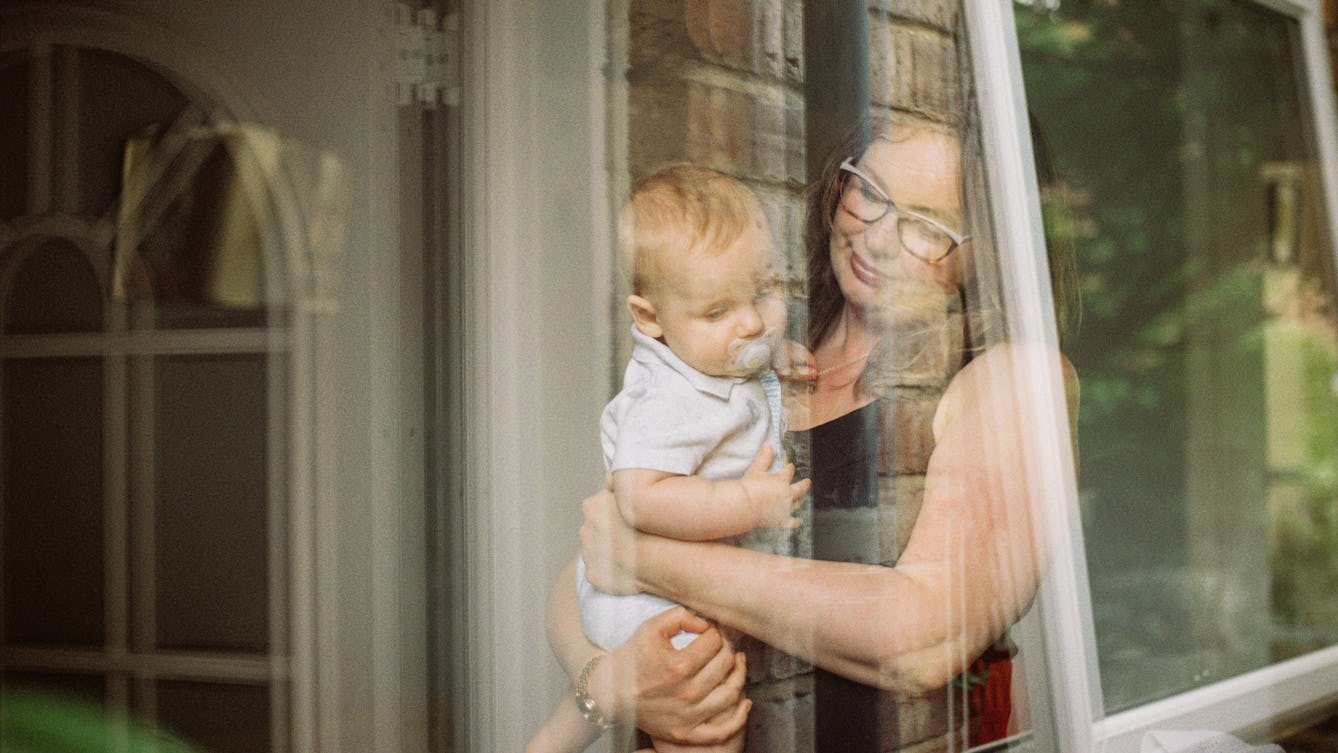
- Article
- Article
Birth, babies and boxes of memories
With memories of her baby in neonatal intensive care still fresh, Erin Beeston decides to unearth the poignant objects her family kept following births, going back as far as Victorian times.

- Article
- Article
The birth of the public museum
The first public museums evolved from wealthy collectors’ cabinets of curiosities and were quickly recognised as useful vehicles for culture.

- Article
- Article
Guerrilla public health
From safe-use guides to needle exchange schemes, Harry Shapiro reflects on 40 years of drug harm reduction in the UK.

- Article
- Article
The secret lives of Britain’s first Black physicians
Dr Annabel Sowemimo explores the web of connections between early Black British doctors, the role of empire in West Africa and the pernicious reach of scientific racism.

- Article
- Article
It’s getting mighty crowded
Mid-20th-century population-density research on mice produced a whiskered apocalypse, predicted to become the fate of humans too. But perhaps a more compassionate approach could fend this off.
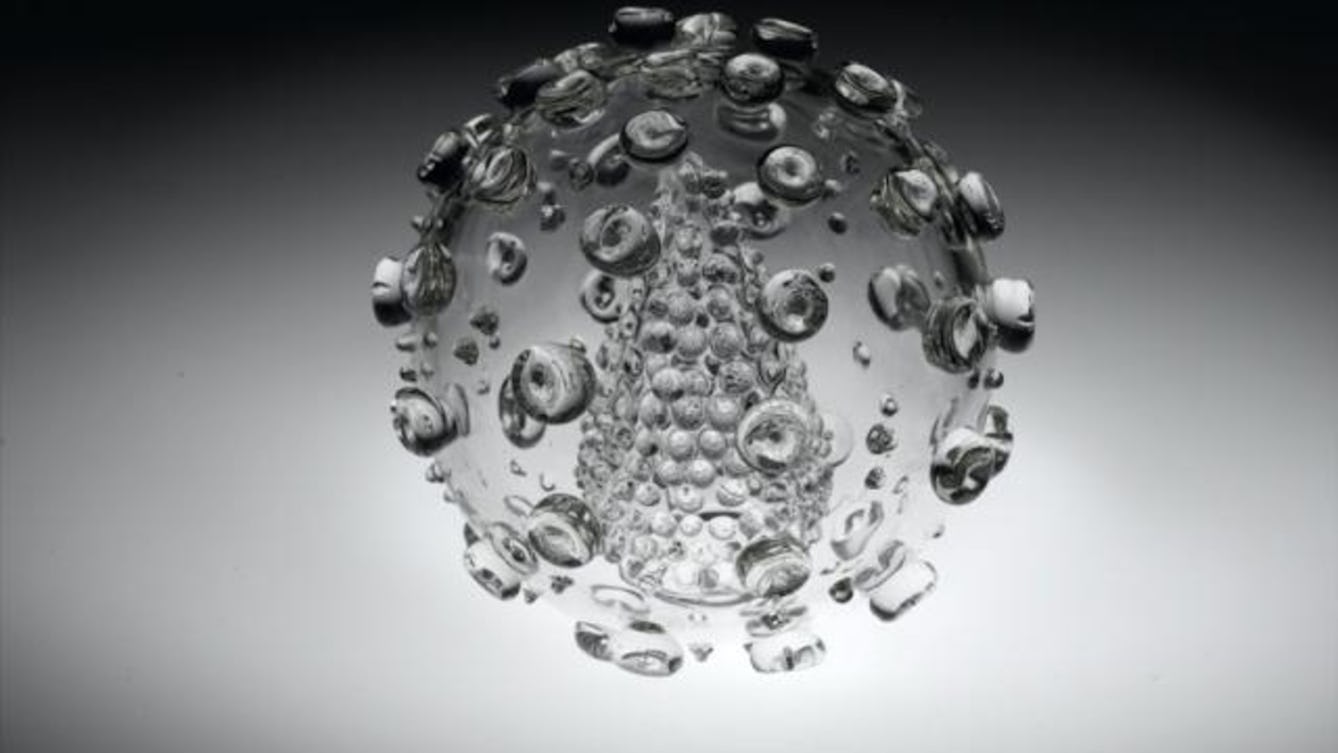
- Article
- Article
The relationship between science and art
Often seen as opposites, science and art both depend on observation and synthesis.
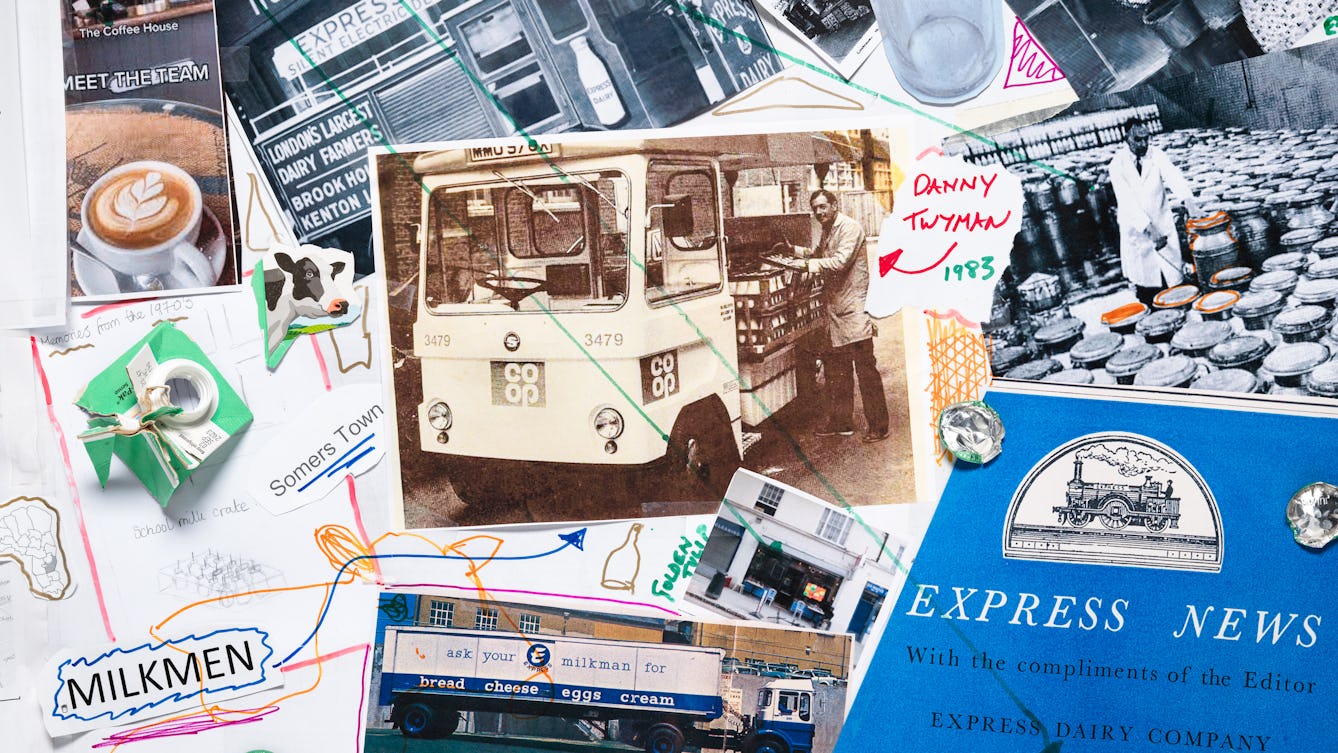
- Article
- Article
Milk trails round Euston
Where cows once grazed near Wellcome Collection in London, baristas now froth their milk. Esther Leslie uncovers Euston’s dairy-based urban history.

- Article
- Article
The law of periodicity for menstruation
Dr Edward Clarke's Law of Periodicity claimed that females who were educated alongside their male peers were developing their minds at the expense of their reproductive organs.
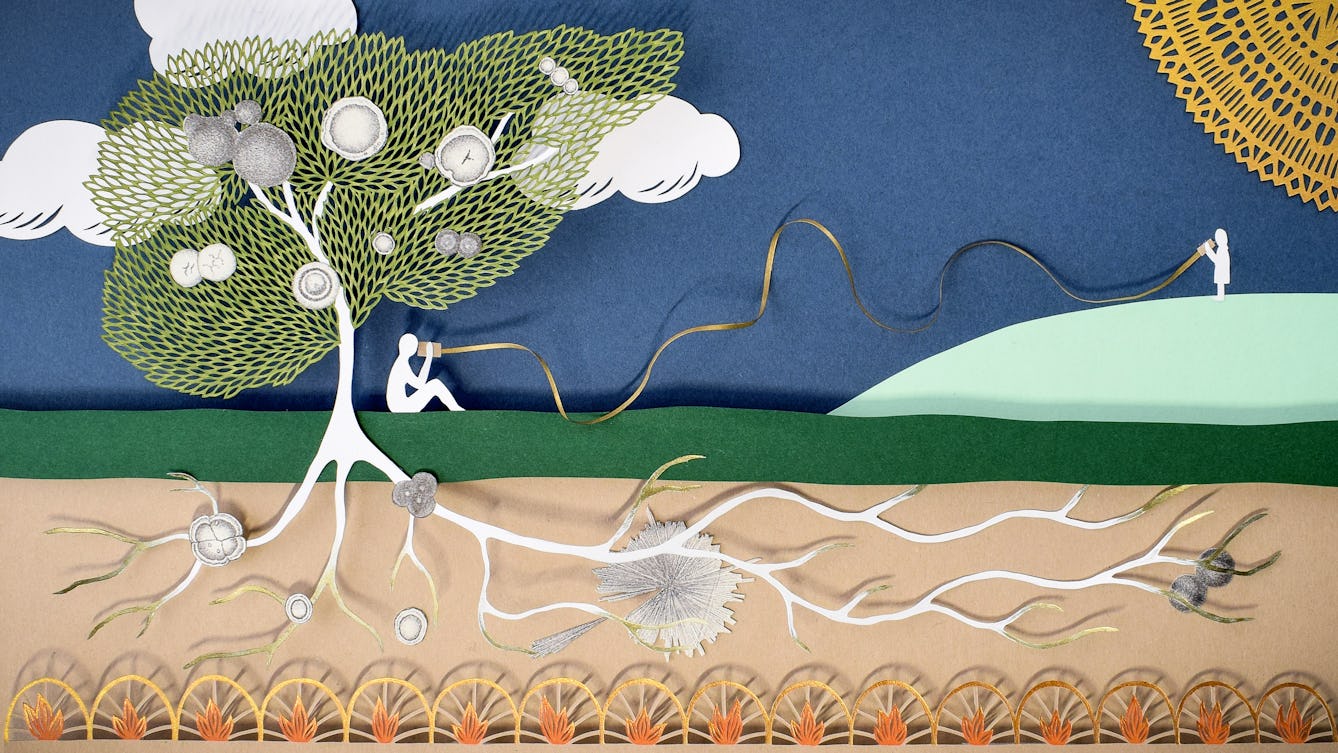
- Article
- Article
The poetic language of health
When his doctors could only offer phone consultations, James Morland turned to poetry to make sense of the medical terms describing his symptoms and test results.

- Article
- Article
The unearthly children of science fiction’s Cold War
In the 1950s a new figure emerged in British novels, film and television: a disturbing young alien that revealed postwar society’s fear of the unruly power of teenagers.

- Interview
- Interview
Inside the mind of Living with Buildings curator, Emily Sargent
Curator Emily Sargent reveals why council estates and a Finnish TB sanatorium were chosen for the ‘Living with Buildings’ exhibition.

- Article
- Article
Electrical epilepsy and the EEG Test
The EEG (electroencephalograph) literally electrified the diagnosis and treatment of epilepsy. But for Aparna Nair the dreaded EEG tests of her adolescence were a painful ordeal.

- Article
- Article
The quest to breed gifted children
If you had the chance, would you choose a genius baby?
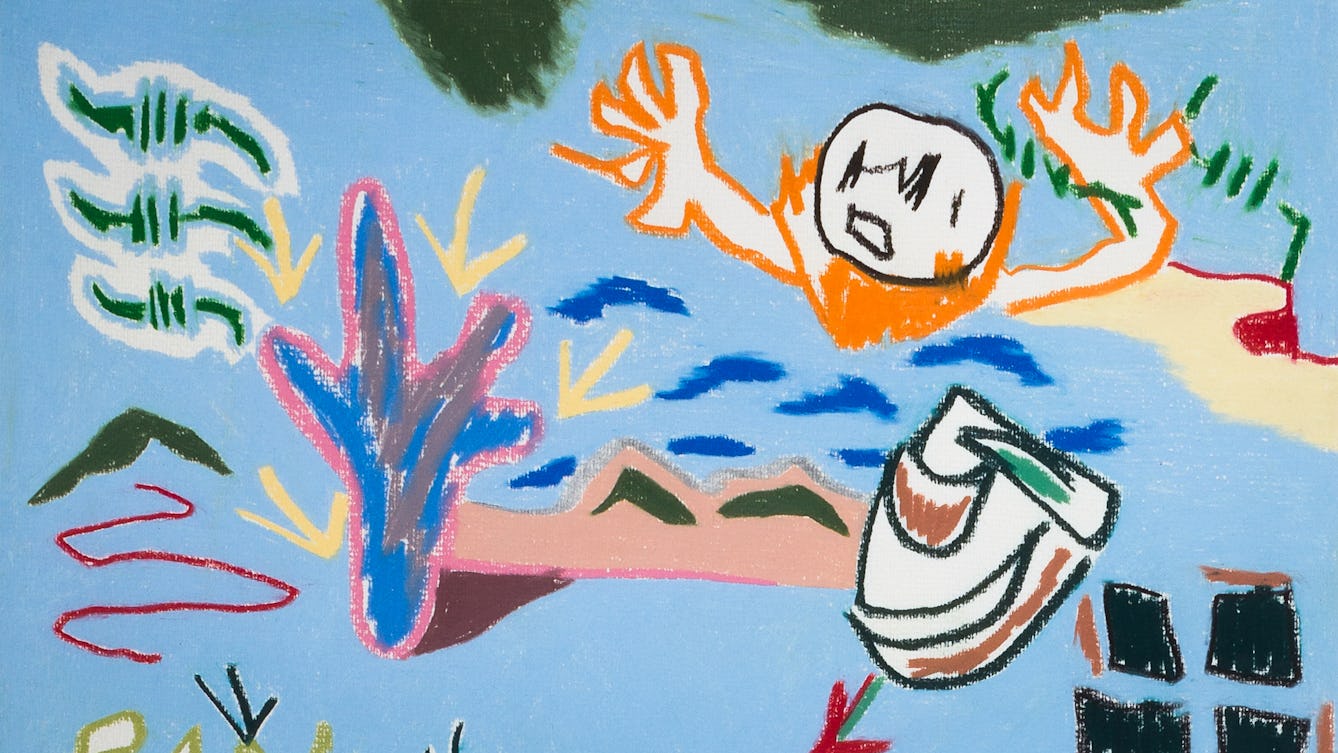
- Article
- Article
The indelible harm caused by conversion therapy
With first-hand evidence from two powerful testimonies, neurologist Jules Montague explores the destructive history of conversion therapy, a punitive treatment designed to ‘cure’ people of homosexuality.
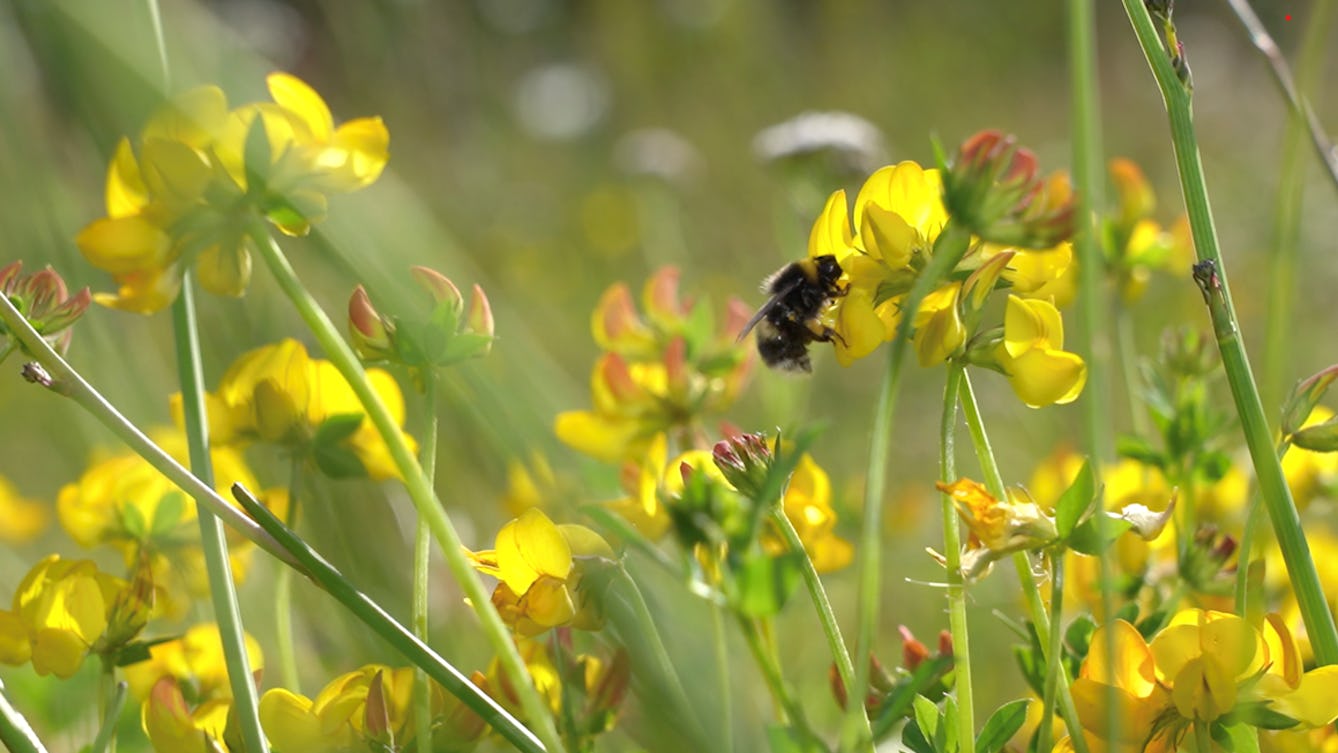
- Book extract
- Book extract
What the wind can bring
In this extract from ‘This Book is a Plant’, Amanda Thomson shares a newfound fascination with flowers, and reveals why our relationship with plants can also be complicated.